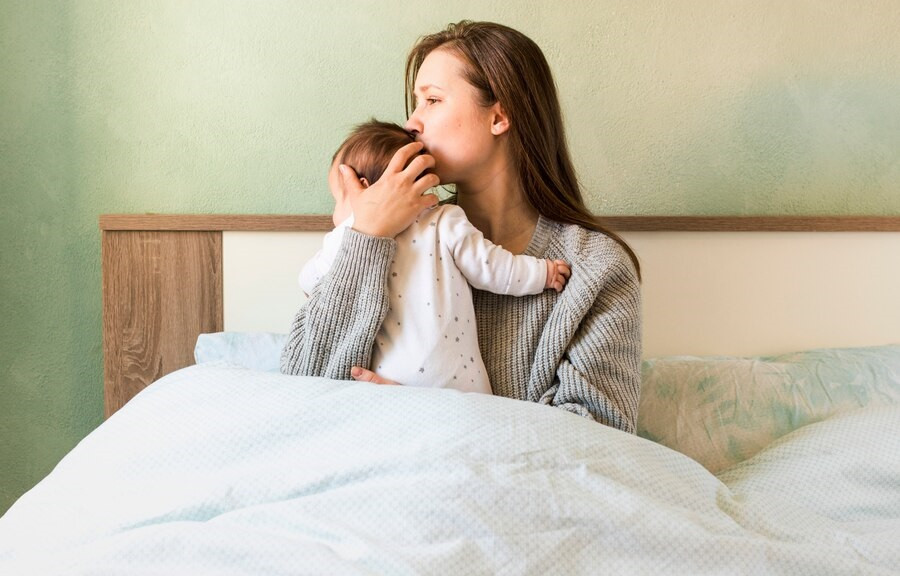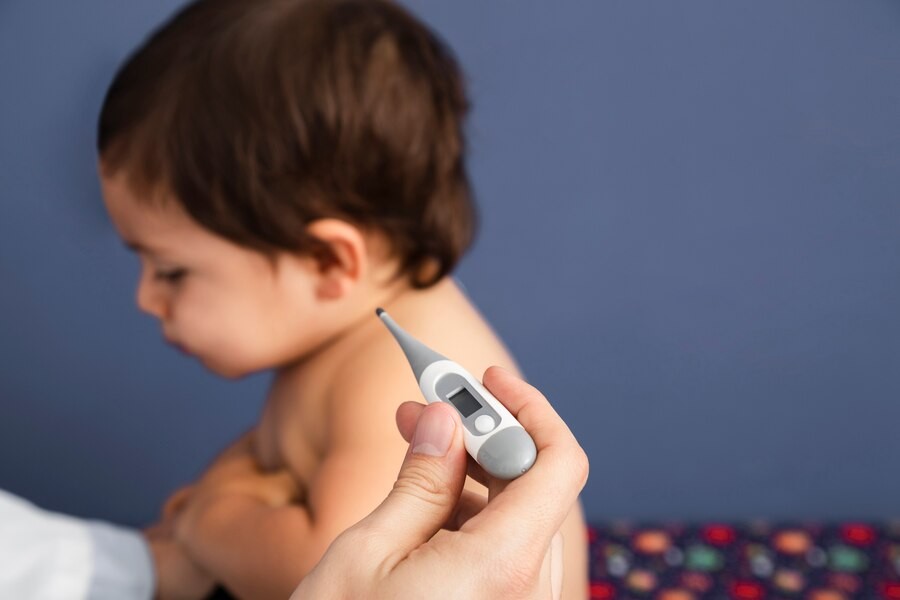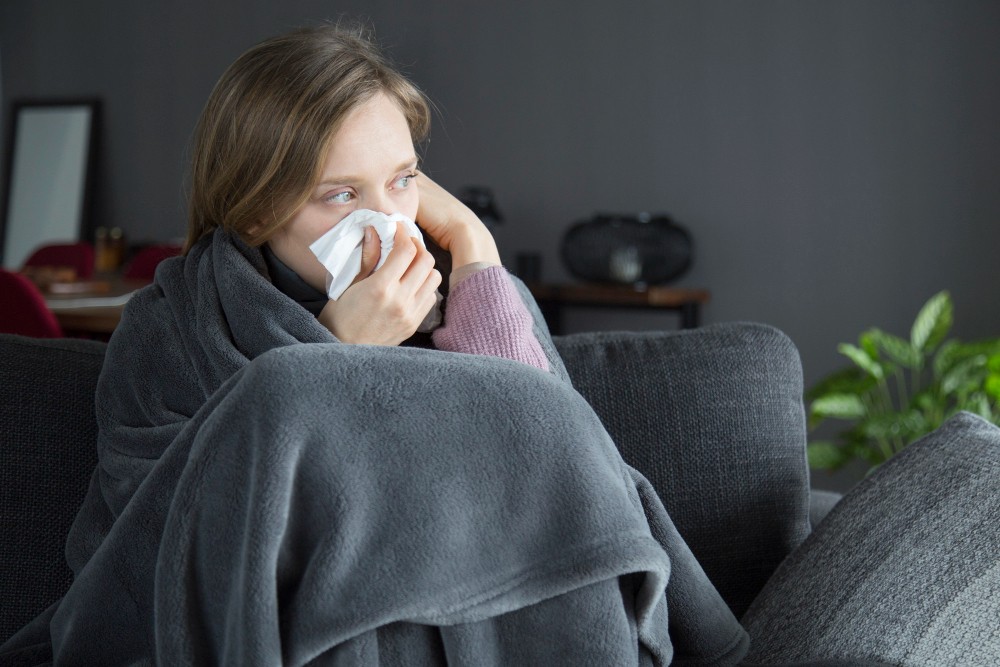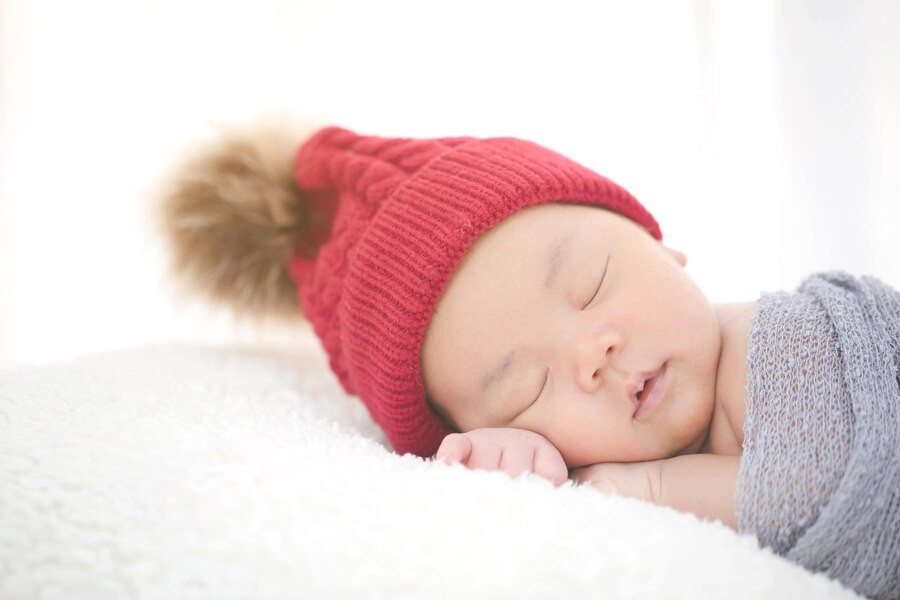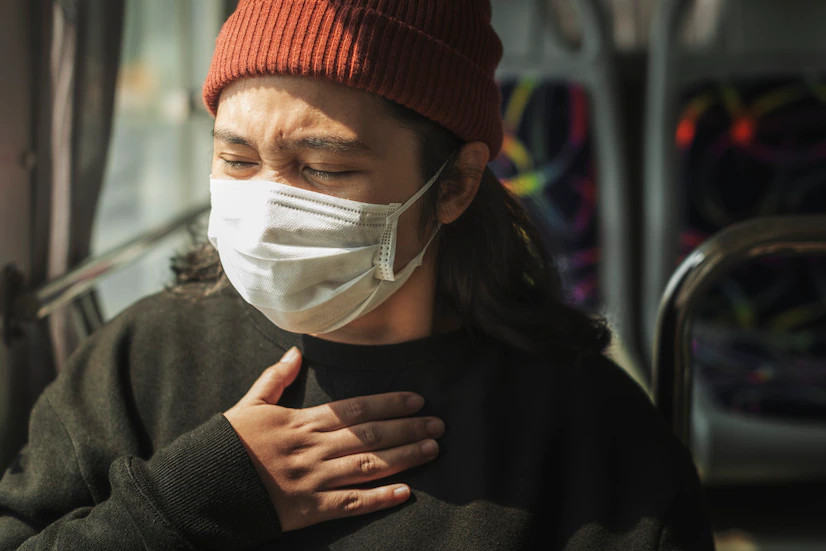Viral infections in the upper respiratory tract, particularly in the nose and throat, are a common cause of colds. Nasal congestion, nasal discharge, sneezing, throat discomfort, coughing, and occasionally a low-grade fever are symptoms of a cold.
A cold can affect anyone, including babies. They are more susceptible to infections due to their immature immune systems. How can you treat a cold in a baby? Is it possible to give your infant cold drugs so they recover more quickly?
Cold symptoms in babies
Babies' colds often have the same symptoms as those of adults. Babies often behave more irritable than usual, though, since they cannot yet communicate the discomfort they are experiencing.
Common symptoms of colds in babies include:
- Stuffy or runny nose
- Originally clear, the mucus changes color to be yellow or greenish
- Mild fever
- Sneezing
- Cough
- Rejecting to breastfeed
- Irritable
- Difficulty sleeping and decreased appetite for eating or breastfeeding
- Difficulty breastfeeding directly or feeding from the bottle, which results in increased crying
Is it safe to give cold medication to babies?
Giving over-the-counter cold medications to babies below the age of 2 is not recommended, as infants and young children are more vulnerable to the adverse effects of the medication. In most cases, cold drugs are only effective in relieving symptoms; they do not treat viral infections.
Besides over-the-counter cold drugs, babies don't require antibiotics, especially unprescribed ones. Only a doctor should prescribe antibiotics.
If your baby's cold symptoms don't improve or worsen, see a doctor. The doctor can suggest a safe and effective baby medication dose.
Baby cold treatment without medicine
Viral infections are the cause of colds, which will improve over time. Provide the following items to relieve symptoms and boost the baby's comfort:
- Continue breastfeeding, as breast milk contains essential nutrients, antibodies, and immunity, as well as fluids that aid in the hydration of the infant, particularly those under the age of six months
- Keep on providing formula milk to babies under the age of six months
- Breastfeed consistently for as long as the baby desires
- Give water or electrolyte drinks meant to help replace lost fluids and electrolytes to babies over six months of age
- Suck the snot out of the baby's nose when it accumulates excessively
- Use a humidifier to ensure that the humidity level in the home is consistent, allowing your child to sleep comfortably
- Baby bathes in warm water
Baby colds are not harmful. The symptoms will improve quickly once the immune system effectively combats the infection. Nevertheless, it is important that you immediately ask for medical assistance at a hospital if:
- Children aged 0 to 3 months who are sick
- The temperature of the baby's fever is higher than 38 degrees Celsius
- The child seems to be in pain and is irritable
- The baby wheezes and has trouble breathing
- There is no improvement in the baby's cough.
- Signs of dehydration are present, yet the diaper stays dry.
- Prolonged secretion of a thick, green mucus
- Mucus that is either red or black in color
- The baby isn't interested in breastfeeding and is quite sleepy.
In the absence of the aforementioned danger signs, it is possible to treat the baby's cold at home. Additionally, if you require further information regarding the treatment of colds in babies at home, you can either visit a doctor or make use of the consultation features that are available in the Ai Care application by downloading the Ai Care application from the App Store or Play Store.
Looking for more information about pregnancy, breastfeeding, and the health of women and children? Click here!
- dr Nadia Opmalina
Catherine Crider (2023). Can You Give Your Baby Cold Medicine?. Available from: https://www.healthline.com/health/baby/baby-cold-medicine?utm_source=ReadNext
Mayo Clinic (2021). Common cold in babies. Available from: https://www.mayoclinic.org/diseases-conditions/common-cold-in-babies/symptoms-causes/syc-20351651
Mayo Clinic (2023). Common cold. Available from: https://www.mayoclinic.org/diseases-conditions/common-cold/symptoms-causes/syc-20351605
Jeannette Moninger (2023). What Parents Should Know About Babies and Antibiotics. Available from: https://www.parents.com/baby/health/antibiotics/babies-and-antibiotics/
Stephanie Watson (2022). When Your Baby Has a Cold. Available from: https://www.webmd.com/children/identify-child-cold-symptoms


